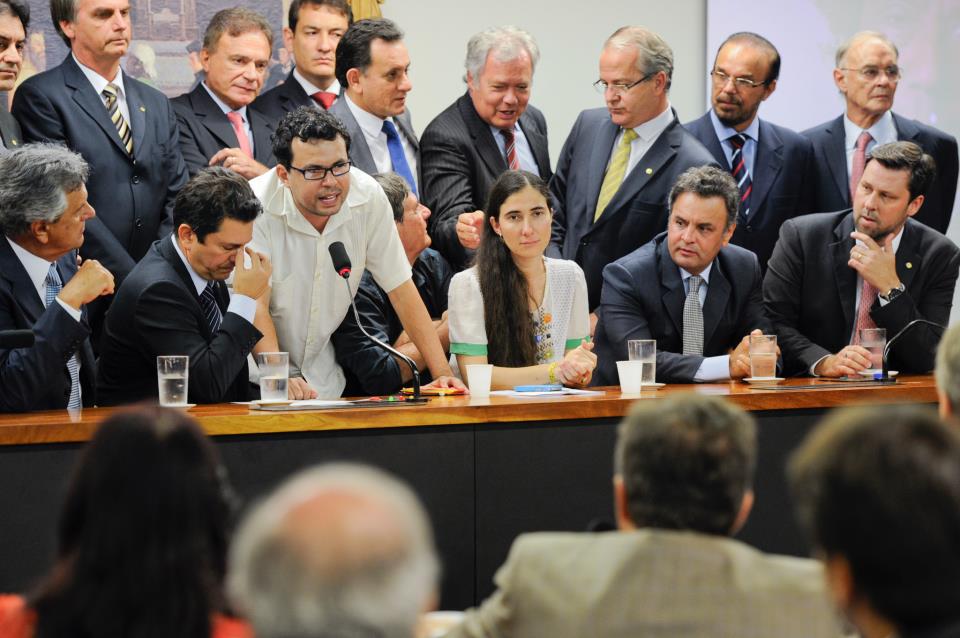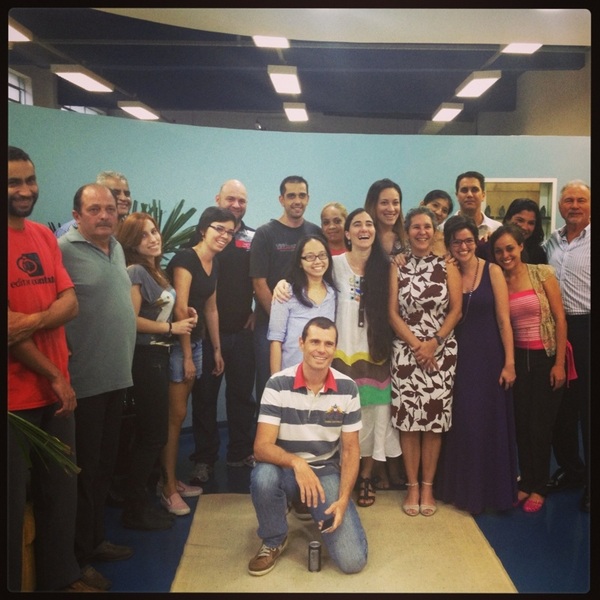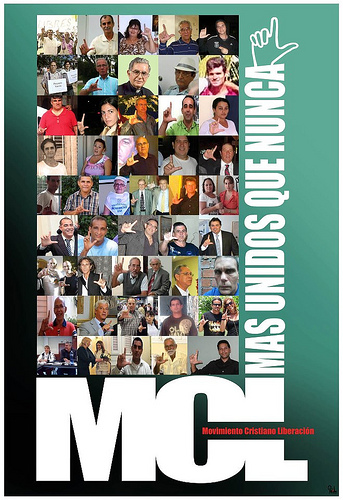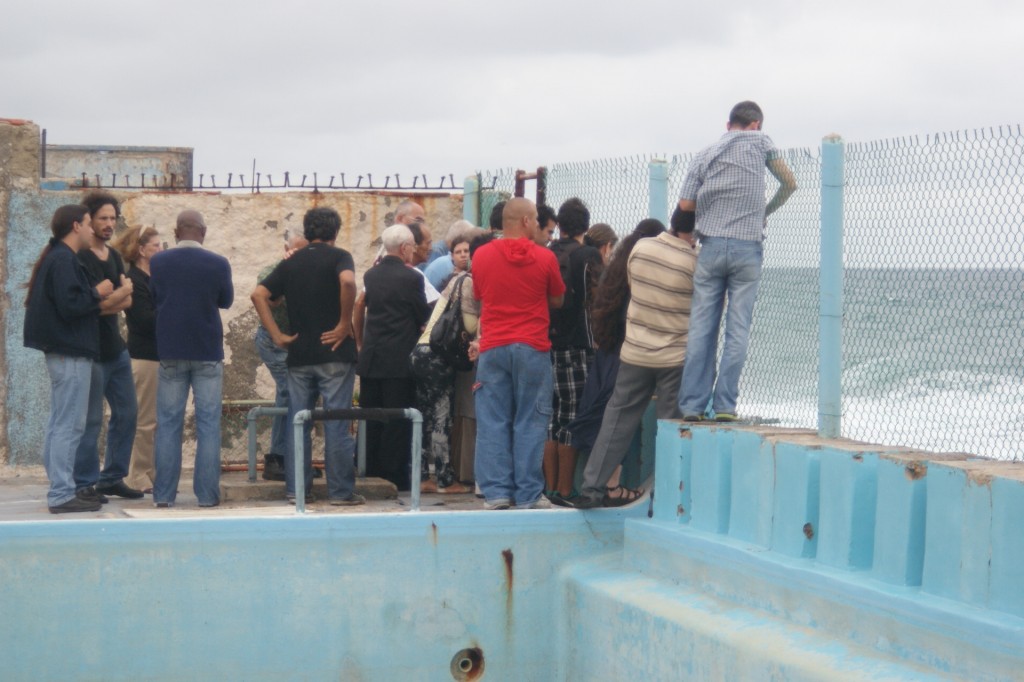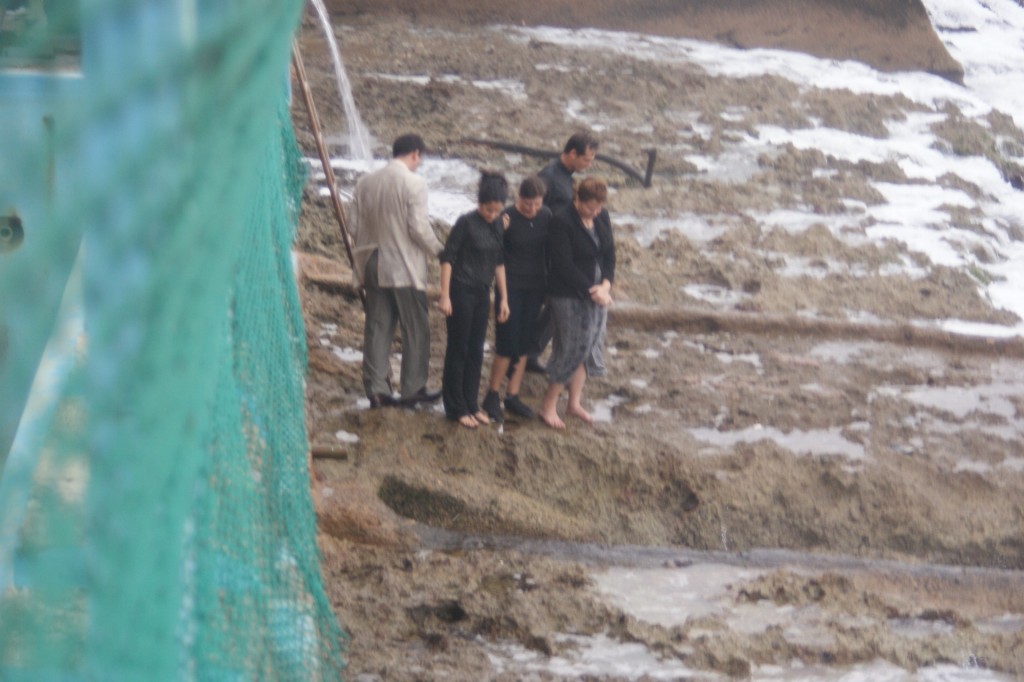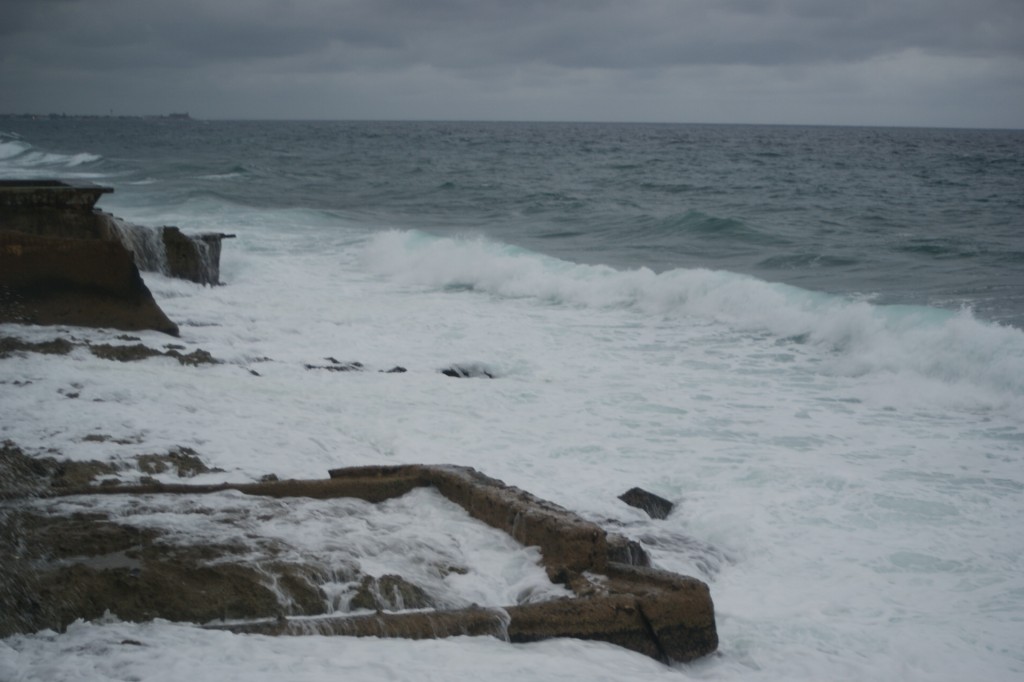Cuban Exiles in Spain Support Yoani Sanchez
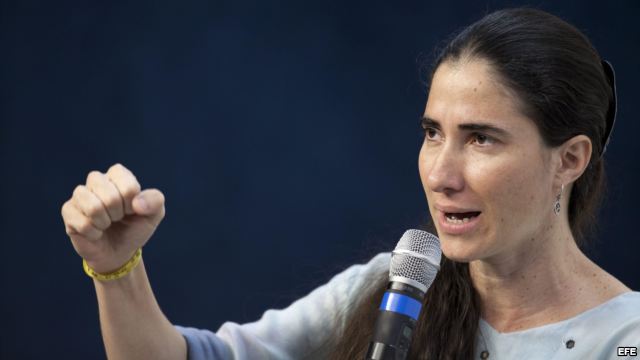
Full Text of the Statement of the Cuban Liberal Union
Cuban Liberal Union
Madrid, February 21, 2013
Cuba, for all Cubans in response to the controversy sparked by Yoani Sánchez’s recent statements on the waste of government resources in the media campaign on the Wasp Case [the case of the 5 Cuban spies in the U.S], given the moral stature and importance of this remarkable compatriot, the Cuban Liberal Union will reiterates its support and states:
First, we respect the right of all Cubans and to think freely.
Second, the irony of her recent statements, taken out of context by the press, and far from supporting any government position, did not escape us.
Third, it is healthy, beneficial and even necessary for the Cuban people to air all opinions in a climate of respect.
Fourth, it is worth remembering that she, as a journalist, imparts her views on a blog, and everyone has the right to disagree with any of them, without this meaning that we reject the person or that we doubt her good intentions.
Fifth, we celebrate and emphasize what unites us, and what is clear is that we are solidly in agreement based on the indispensable requirement for the immediate restoration of popular sovereignty, with all fundamental freedoms for the Cuban people and the end to the regime totalitarian oppresses them.
President
Dr. Antonio Guedes
Translated from the Laura Pollan Ladies in White website.
What Yoani Sanchez Said About the Five Spies
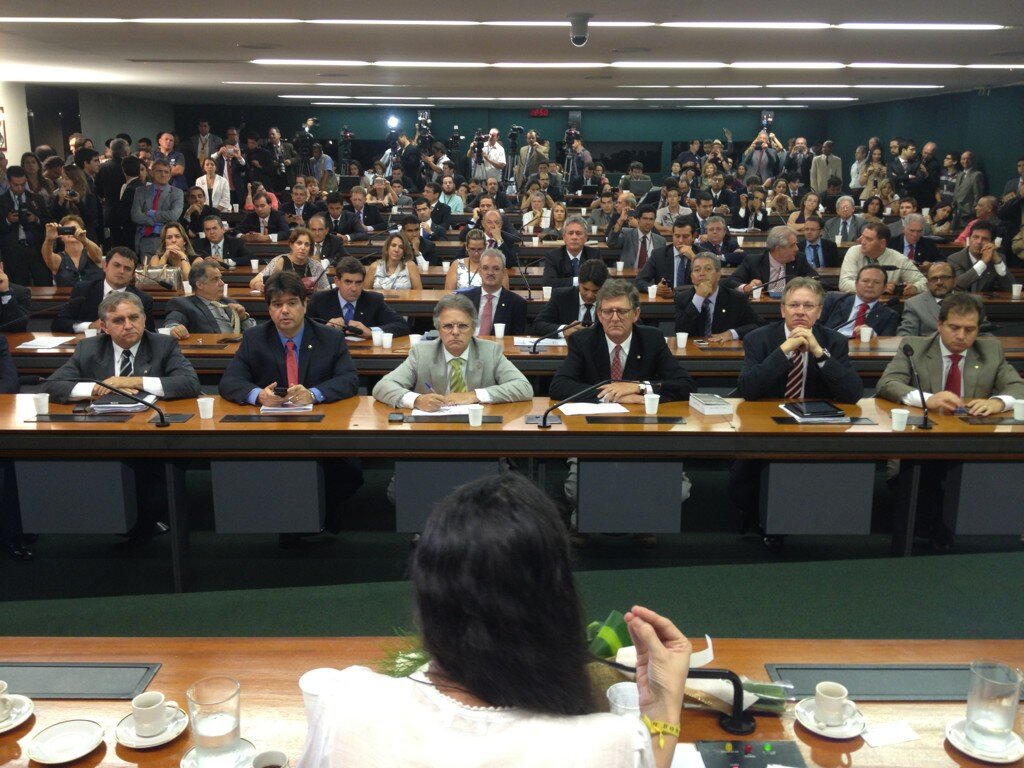
 Translated from: Joan Antoni Guerrero Vall’s blog PdVista
Translated from: Joan Antoni Guerrero Vall’s blog PdVista
Yesterday the blogger Yoani Sanchez referred, again, to the question of the five Cuban spies tried in the United States. She did so at a press conference after this blog reported her declarations in Brasilia and generated an avalanche of comments through social networks and various media.
Sanchez, questioned by journalists, clarified her declaration: “Let me clarify, [the 5] were tried, fairly tried, and they were undoubtedly spies.” The blogger insisted that what had happened had been a “great misunderstanding” and said that “sometimes I use sarcasm and the irony leads to that kind of misunderstanding.”
“First,” she said, “I did not say ‘5 heroes’ because for me they are spies who have been tried, who have had repeated legal opportunities to prove their guilt or innocence and in all those courts, made up of diverse and plural people, they have been confirmed as guilty.”
Later the blogger said that “everyone knows” that it is “common practice” for the Cuban government to “monitor and spy across American soil, and therefore at no time did I ask for their release.” And again she stressed her surprise for the misunderstanding. “I know this was misunderstood, I don’t know why, but fine, I also believe that the case of the 5 is being blown out-of-proportion to avoid people looking at the real Cuban problem, which is the lack of freedom, the excess of repression, because we live under a totalitarian government that does not allow free elections, does not allow its citizens to associate and express themselves freely.” For Yoani, “any other topic about the five spies or five members of the Interior Ministry (as they’re called ironically) becomes simply a false creation of public opinion.”
She added, finally, that issues such as the 5 “are issues that we Cubans must learn to discuss without hatred because one of the important exercises that will bring us democracy is to learn that anyone can have a different opinion.” So, she said, “the virulence of the reactions always surprises me, I’m surprised because these are issues we’re going to have to discuss over coffee and we have to approach them from positions of offering each other respect and tolerance.”
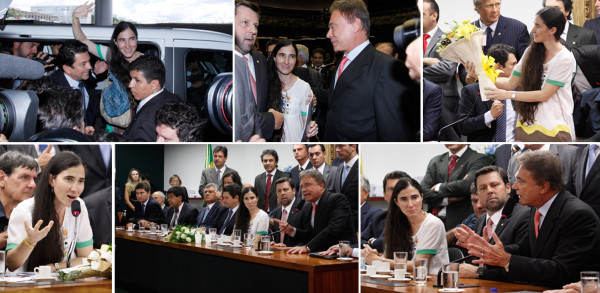
20 February 2013
The Inferno on the Other Corner / Henry Constantin
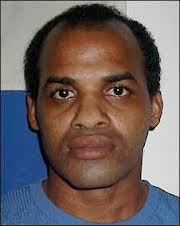
I want to talk about breathtaking scenery, as Cuba has a ton, of people in solidarity with the traveler, of which there are also thousands on the island, but it fell through. In those moments the journey beat me, short and dry, it’s about a scary place. I went once, only as far as the entrance, and because I stranger I never knew asked my help.
On the road that goes from Camaguey to Sierra de Cubitas and the north of the province — the Lesca highway — past the International Airport and the Albaize neighborhood, on the second entrance to the left is the 26th. This is the common name for the maximum security prison of Camaguey, one of the most fierce with the human beings of so many that populates the island that transformed barracks into schools. From an airplane you only see the suspicious uniformity of the enclosed buildings.
There are inmates who, for having committed crimes related to politics, were judged unfairly. So, they are political prisoners. And there are also common criminals, who probably deserve to be in jail. But everyone, the misjudged politicals and the common prisoners guilt or not, share a condition: all are condemned not just to lose their freedom, but the human condition, which is ultimately what is lost there.
Why serve them rotten food? Why are they cheated of medical care? Why can some barely talk to their families. Why do some people sleep with their legs bent because there’s no space for a bed. Why are there so many suicides there? Why was one prisoner’s television lacking sound and another had sound but the screen faced the wall? Why aren’t the guards brought to trial for the crimes against the prisoners? Why so many questions without answers, in the Camaguey prison, as there are in so many others in Cuba?
In the United States there are five Cubans imprisoned. Prisoners for violating U.S. law, although it is true that, as I don’t sympathize with who spy on those of their own country, whichever side they are, but I haven’t followed the case much. I know that a little bird landed of one of those who senses the loneliness of the prisoners, and that the photo, real or not, was famous.
And a young prisoner in The 26 also has his history with a sparrow who chose him to befriend. A sparrow who managed to get into his cell, live with him, eat his food and sleep in his uncomfortable bed. A sparrow that besides feathers, feet, beaks and the freedom to fly, had the inexplicable urge to accompany this man in his suffering, just as other human beings were responsible for increasing or ignoring it, or avoiding any sign of support. A simple sparrow.
February 23 marks the third anniversary of the death of Orlando Zapata Tamayo. The one who died for fighting, with his body as weapon and battleground, against those who mistreat Cuban prisoners. What a problem for this country, that the only thing the enters the prisons to east these subtle cruelties upon prisoners, are sparrows.
February 21 2013
Broken Tooth / Regina Coyula
Surely you no longer remember my Toothache from last year. It seemed that it was over with the anecdote, but like a soap opera, to keep the viewer they pulled a rabbits out of a hat, I’ve got… a piece of filling with its corresponding fragment of a molar. Yes, in the same tooth declared healthy, which bit the stone, which came in the bread, that I bought for ten pesos, that… I clean my beak to go to the wedding of my Uncle Perico.
Nice moment, that of eating lunch, and feel a wasp sting me in the gum, run to the bathroom and “island” dental floss (a plastic bag) I try to clean out what I thought was a piece of bone in chicken and rice.
That was three months ago. Good thing I didn’t rush to write about it. I went to the dentist for emergencies, they put a band-aid on it and gave me an appointment four days later. They filled it, I took advantage and had a check up and everything was fine, they scheduled me for a cleaning, and with that I was discharged.
Two days after the cleaning I lost the new filling. Back to the dentist for an appointment, an appointment I had to reschedule, because at the first opportunity, when I got to the clinic they weren’t providing services because they were cleaning the cistern. At the second try, the dentist drilled it out, filled it directly, which left me with a weak tooth but she told me was less likely the filling would fall out again.
The broken tooth and all the rest, just for the price of a loaf of bread. Good grief! The huge amount of money it costs to be poor.
February 18 2013
Yoani on Tour — Brazil
Acapulco, somewhere / Regina Coyula
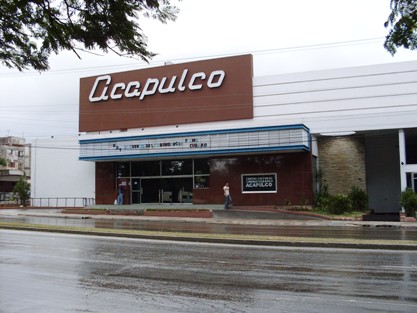 Last night I went to see Esther en alguna parte (Esther somewhere), Chijona Gerardo’s new film with a script based on a play of the same title by Lichi Diego I have not read. At the risk of screwing up, I imagine a Borges aura around the Lichi’s story, but the movie, with a splendid cast, is a succession scenes where Reynaldo Miravalles and Enrique Molina are marvelous, despite the awful sound dubbing and the darkness of the copy, technical defects added to the artistic defects that I truly regret, because the “old cinema” is a rara avis and I think Chijona missed a great opportunity.
Last night I went to see Esther en alguna parte (Esther somewhere), Chijona Gerardo’s new film with a script based on a play of the same title by Lichi Diego I have not read. At the risk of screwing up, I imagine a Borges aura around the Lichi’s story, but the movie, with a splendid cast, is a succession scenes where Reynaldo Miravalles and Enrique Molina are marvelous, despite the awful sound dubbing and the darkness of the copy, technical defects added to the artistic defects that I truly regret, because the “old cinema” is a rara avis and I think Chijona missed a great opportunity.
It was not the first time I went to see the move. The day before the premiere, I tried to go to the six o’clock show but the theater administration decided not to open the door for me and another lady and someone else who had gone before. Last night we were more than twenty people.
A vague sensation of being at the end of an era that I had already glimpsed when I sent to see La película de Ana (Ana’s movie) materialized last night in the Acapulco. For having always lived so nearby, this theater has been my theater. From children’s matinees on Sundays, I’ve attended its successive transformations: when candy was sold from a rounded display case just next to the stairs leading to the offices; when the fifties amoeba-shaped glass on top of the facade was replaced by another on the side by the parking lot; when the phone booths disappeared from the upper floor; when the children’s potties that were my delight as a little girl and they I complained to my mother about not having at home disappeared; when the annex bar-cafeteria (which I was never old enough to enter) disappeared and reappeared much later as a video room, or when in the same place they opened a video rental (I think it still exists).
I waited for the credits to finish rolling, and when the lights came on I could see the deterioration of the carpet and the lower level, and I could see a couple of bats, restless under the sudden light. No, it wasn’t dirty, I mean, dirty with trash left by messy visitors, because the dust has made my movie theater its home. The bathrooms I haven’t entered in years, those clean well-lit bathrooms that were as clean as any public bathroom in the city.
Defeated by the film and the vision I’ve just described to you, I returned home with my husband commenting that not long ago I’d seen the Acapulco on the list of the ten most important (?), singular (?) of the world, I can’t remember why it was listed, but except during the Film Festival or some premiere, the Acapulco languishes, waiting for times better or worse, but definitely different.
February 22 2013
Jorge Olivera Castillo: State Security (DSE) Agent Raul Capote is NOT a Member of the Writers Club / Ángel Santiesteban
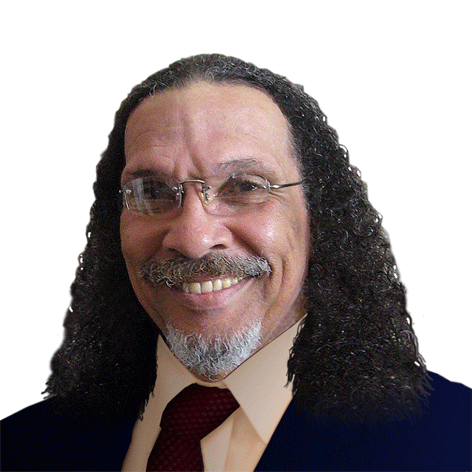
Written by Juan Gonzalez Febles
Cuba news, Lawton, Havana:
The recently unmasked infiltrated State Security (DSE) agent, Raul Capote, is not a member of the Writers Club of Cuba.
This was confirmed by former prisoner of conscience, a member of the Group of 75 and a writer and independent journalist Jorge Olivera Castillo who chairs the Club.
The question arose when among the signers of a statement of solidarity with fellow writer Ángel Santiesteban, issued by the Writers’ Club of Cuba, the name “Raul Capote” was slipped in. Olivera said that the name was slipped in as a signatory of the declaration, a product of those who in times past were effectively part of the Club. “We have files, secretaries, or bureaucratic structures that are normal in the abnormal conditions we develop our work,” he concluded.
The Writers Club of Cuba develops its work in the same circumstances as the entire fabric of society, civil opposition and dissidents, present on the island and subjected to the same pressures. Notwithstanding this, their work feels like an active and successful effort in promoting a literary art made with passion, dedication and commitment, but still fails to empower all of its aspiring promoters.
For Cuba news: j.gonzalez.febles @ gmail.com
February 15 2013
Travel to a heart of Cuba / Henry Constantin
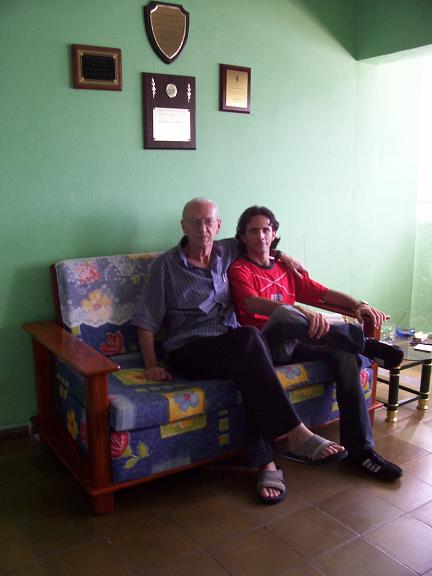 After giving a lot of thought to Cuban mountains I realized that I have a tremendous obsession with the Escambray, in the center of the island. It fascinates me far more than the famous Sierra Maestra, the mountain range that helped end a dictatorship and start a new one. I really don’t care that Pico San Juan is slightly smaller than Pico Turquino. None of that makes a difference. I’ll stay with the Escambray, which is where I’ve felt more freedom. Every time I think about how hard is to obtain permission to visit the Sierra Maestra or the warning of how militarized the Nipe-Sagua-Baracoa mountains are I feel like those mountain ranges are prisoners, but the Escambray, even though it lost its war still feels free.
After giving a lot of thought to Cuban mountains I realized that I have a tremendous obsession with the Escambray, in the center of the island. It fascinates me far more than the famous Sierra Maestra, the mountain range that helped end a dictatorship and start a new one. I really don’t care that Pico San Juan is slightly smaller than Pico Turquino. None of that makes a difference. I’ll stay with the Escambray, which is where I’ve felt more freedom. Every time I think about how hard is to obtain permission to visit the Sierra Maestra or the warning of how militarized the Nipe-Sagua-Baracoa mountains are I feel like those mountain ranges are prisoners, but the Escambray, even though it lost its war still feels free.
Every time I visit Guamuaya — the ignored but official name of the Escambray — I feel between its mountains a certain frustration for all the freedom we finally lost there, for the dead on both sides, for the guerrillas and the workers in the Cuban Literacy Campaign, for those who collaborated with the “Revolution’s” army and the government’s informers, for the farmers kept captive against their will — not in the Mambisa war, but in the 1960’s- and for the militia who fought for the cause of the little bread and no freedom. I don’t think they’re equivalent in goals or ideas, nor do I now try to understand them or forgive them for their mistakes, I wouldn’t dare. I’m just in pain. continue reading
Certain too cruel sites hurt me with the truth. Years ago I visited with indignation the Trinitarian Museum of the Struggle against those rebels that the enemy called bandits because the fought for their freedom with the same intensity with which they’d fought those of the Sierra, a museum full of manipulated history and hate. I should take a walk in La Campana, the old camp, and now a museum where they show so many Cuban prisoners, how many in the end? Will they ever publish the figure here some day?
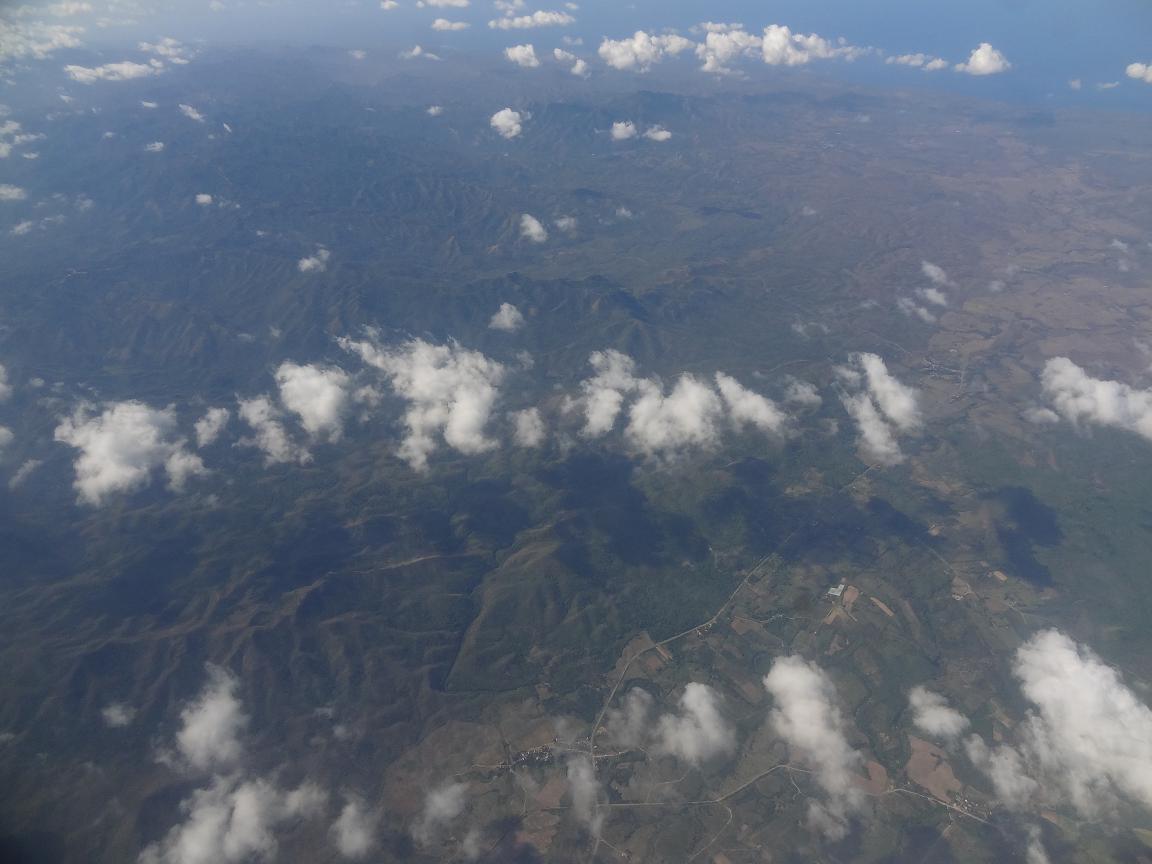 And I owe many pages to commander Eloy Gutierrez Menoyo, who was a military man before becoming an affable man of peace, and I met him, already an old man in his little apartment in San Agustin in La Lisa, full of ideas and hidden gaps of our history, entrenched in his iron will of change with respect and dialog.
And I owe many pages to commander Eloy Gutierrez Menoyo, who was a military man before becoming an affable man of peace, and I met him, already an old man in his little apartment in San Agustin in La Lisa, full of ideas and hidden gaps of our history, entrenched in his iron will of change with respect and dialog.
Although the ease with which the men of this island have gone to war astounds me, and I look with a certain suspicion at so much of our ancient violence converted into respectable myths; what a bad example for our children in school if we want to teach them to resolve problems peacefully; what a bitter pill for us who want to change the country without beatings and we have no Cuban history we can grab hold of — what happened in the Escambrey confuses me.
Of course it was a war, and as always happens, all sides had stains. Surely there were victims, for not being anti-communist enough, or for not being communist enough. That’s the trouble with wars, it doesn’t matter what idea you’re defending, blood is always spilled. But at least the evidence is left of so many people who understood the word freedom, and who launched an almost suicidal battle to get it. In the Escambrey, looking at the hills and the stream valleys, relieved a little of my shame at loving a country accustomed to keeping its head down, saying yes when it thinks no.
Maybe in other posts I talk about the infinite cascade of Guanayara — the highest in the region and most beautiful in Cuba — a temple made by nature itself: El Nicho — just staying near there I would fight for these mountains — of how they discriminated against me for being a Cuban photographer before the Jibacoa reservoir, and the 5 CUC the State and La Gallega wanted to charge me just to put up my tent. Maybe another day. Today I don’t want to talk about the nearness of nature. Today I want to talk about the nearness of freedom.
February 16 2013
San Jose State University Student Video About Yoani Sanchez
Note: In January 2012, the manager of this website arranged for Prof. Michael Cheers and his photo-journalism students to visit Yoani while on a study tour to Havana. This is the resulting video, by Melissa Rios. More photos and reports from the trip can be seen here.
Cuba Doesn’t Matter or We Still Can’t Claim Victory… Yet / Luis Felipe Rojas
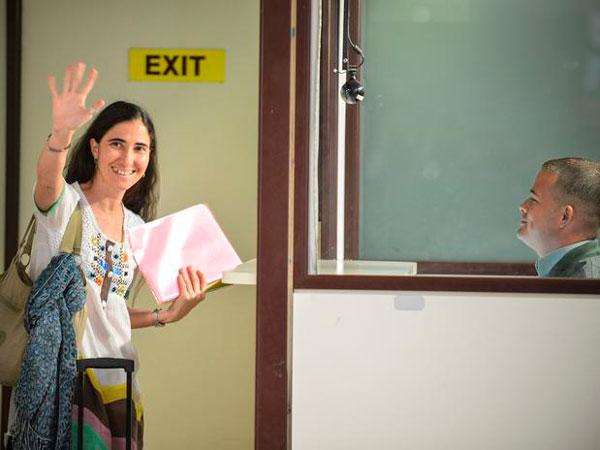
[Note: This version was posted on Luis Felipe Roja’s blog. A longer version is available here.]
By Amir Valle
I’m sorry… I can’t cry victory only because (finally!) Yoani Sánchez, Eliécer Ávila, Rosa María Payá and others who, of course, will do it in the next months, now can travel without the humiliating exit permit. I read that many people are happy and sing victory and sentences abound like, “We won this battle,” and “We kicked the Castros’ ass.” “Now with freedom to enter and leave the island, the opposition can launch a strong campaign from the Exterior.” …even when all these and other “changes” are pure face makeup, more than ever, for the convenience of the regime in Havana. continue reading
I repeat, although it sounds alarmist: I don’t think that now is the time to claim victory. A dictatorship, even less so the Cuban one, never offers its arm to be twisted. A regime that rearranges itself in order to guarantee its future (that’s the only thing that has happened today on the island) does not take false steps.
I’ve learned that well. And I know that taking these steps that the world catalogues as “changes,” although they have been forced by some circumstances, already the masterminds of power in Havana must have established their national strategies, elaborated their connections with other similar powers in the rest of the world, and positioned their soldiers in the new game that they have already planned as well as possible and future plays.
One of the most recurrent mistakes that we Cubans have made during these five decades is to gloat over supposed victories against the Castro totalitarianism, which, as history has already shown, this dictatorship has not delayed in molding, demonstrating how silly we were to believe ourselves victors.
And it’s under this impact that, since they announced a couple of years ago that they were modifying the migration law, I have been poking around in certain historical sources that show the strategies used by Leftist dictatorships against the political opposition; I have been digging into, with my questions, the experience of established political analysts of the Socialist block; I have been irked with some investigative encomiendas (system of tributary labor in colonial Spain) and journalist colleagues of several countries where the “Cuban issue” still appears in the news from time to time.
“Do we Cubans want a true democratic change on the island; are we prepared to face something like that”? I wondered when I read the annotations that I made in all this time of investigation.
And the dictatorship plays cards that I already knew but which it held only to throw down so thoroughly as, I’m sure, it did on January 14, 2013, when the new migration law went into effect.
Translated by Regina Anavy
February 18 2013
Rosa Maria Paya at Geneva Summit for Human Rights and Democracy / Orlando Luis Pardo Lazo
Drinking in Cuba / Ivan Garcia
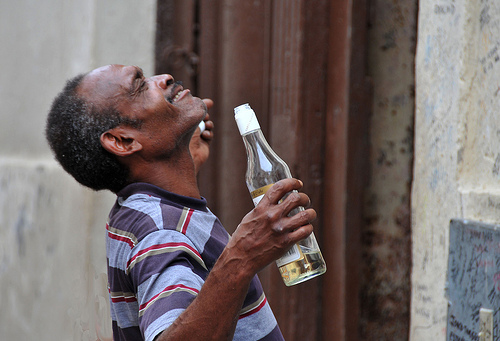 As with everything in the island of the Castros, there are two standards for alcoholic beverages. If you travel outside world with an official passport, or receive dollars or euros, life on the green cayman is much more pleasant.
As with everything in the island of the Castros, there are two standards for alcoholic beverages. If you travel outside world with an official passport, or receive dollars or euros, life on the green cayman is much more pleasant.
With hard currency you can eat in an established restaurant such as El Aljibe on 7th and 24th Streets in Miramar, or Los Nardos across from the National Capitol. Or acquire stuff with registered trademarks from China.
You can have a decent, furnished house. Or a refrigerator stocked with beef and shrimp. And at night treat yourself to a Heineken imported from Holland, or the domestic brands Bucanero and Cristal. You can also get rums with the Havana Club label, or the wonderfully aged Caney and Santiago, produced in the former Bacardi factory in the eastern province of Santiago de Cuba.
Drinking rum or beer is almost a national sport. Any event, family party or special occasion will serve as a pretext to open a bottle. Rum allows people to relieve their daily stresses and romantic woes. To admit their doubts about the future of the country. To speak openly about the health of Hugo Chavez and Fidel Castro. To discuss baseball statistics or NBA matches. continue reading
According to official statistics 45.2% of the Cuban population over the age of fifteen consumes alcoholic beverages, with a 7% to 10% degree of prevalence. Alcoholism and prostitution are two of the the topics on which independent journalists report most often.
The difference between an affluent drunk and one of limited financial means is striking. While generals and government ministers enjoy ample tumblers of Scotch whiskey or Jack Daniel’s, the neighborhood drunks have to make do with the explosive rum sold in bulk at some liquor stores.
The last rung for someone who takes pride in belonging to a certain alcoholic culture is drinking homemade booze. It is the worst of the worst. Truly the drink of the forgotten. It is made in a sordid backroom or house in the neighborhood. Industrial charcoal or cow dung is used to refine this cheap liquor. It is pure fire. Tears well up when it goes down your throat. It’s potency makes it suitable only for hardened alcoholics or suicides.
Among the masses it goes by different names – trainspark, tigerbone,drop-your-bloomer, jump-backwards. Blacktears is a lethal combination of boric alcohol and Homatropine eyedrops filtered through cotton.
A bottle of this diabolical stuff costs ten Cuban pesos, while the exquisite Santiago rum – the best in Cuba today – is worth between 7.00 and 9.60 convertible pesos – some 175 to 230 Cuban pesos, or almost half the average monthly salary.
When it comes to drinking, in Cuba there is no distinction as to age, race, sex, ideology or religion. It does not matter what your educational or cultural level is. There are social drinkers who do things in moderation. When they feel they are at the point of getting drunk, they know it is time to stop.
Others drink like pirates – bottle after bottle – as if they were trying to beat a Guinness world record. Everyone drinks as his pocketbook will allow. Rum and beer appeal to intellectuals, dissidents, hookers and party activists alike. It is rumored that President Raul Castro likes to drink vodka – Russian and perfectly pure.
Ivan Garcia
Photo: Cubanet
27 January 2013
Why the Demand for Another Cuba?
Why the demand?
The Cuba government’s ratification of the UN covenants imply recognition of the legal and constitutional rights of citizens such as:
-Free entry and exit from the country, freedom of movement within it.
-Full recognition of property rights.
-Dignified wages.
-Freedom of peaceful assembly and association.
-Judicial independence (fair judicial processes and with representation of counsel from the beginning).
-Parents’ right to freely choose their children’s education.
-Possibility for all Cubans, wherever they live, to invest in their country.
-Freedom to receive and disseminate information by any means (freedom of opinion, expression and the press).
-Free access to the INTERNET.
-Multiparty system and free elections.
-The implementation, in short, of a Rule of Law, which was the aspiration of the heroes of the Cuban nation.
Dust Thou Art and Unto Dust Thou Will Return. Until then, Manolo Rodiles. / Agustin Lopez
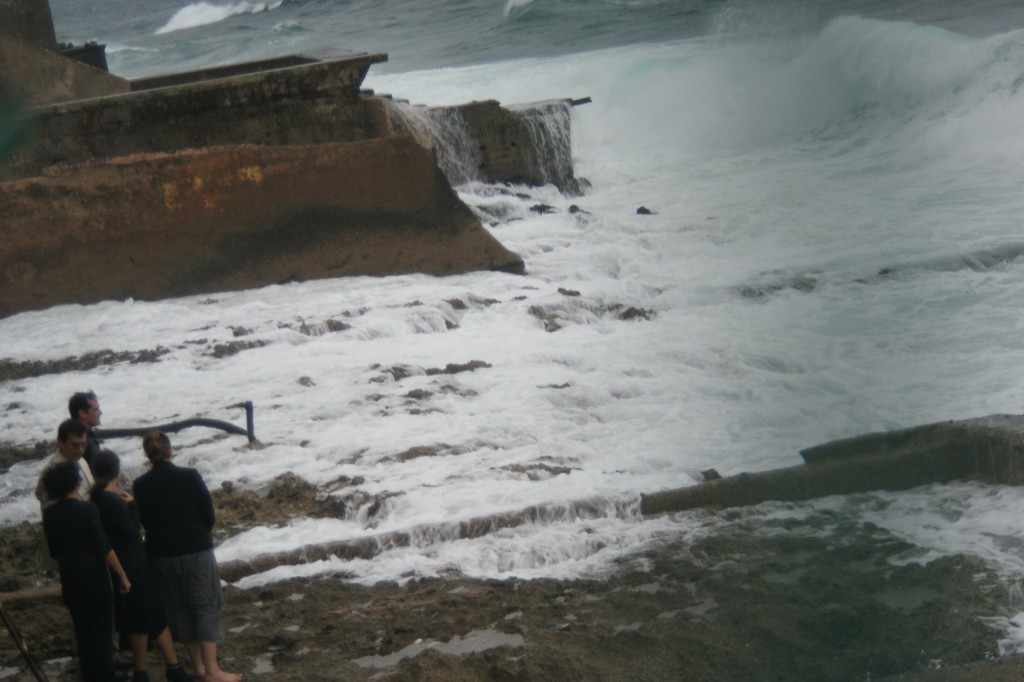 It is January 28, Monday, I get a call from Yoani earlier than usual, it was 7:55 am when she told me we should go by Rodiles’ house; she always thanks me as if my work were a favor and not an obligation, I was ready and found myself behind the wheel, at 8:07 I was already at the side of the container only existing in our imagination, a few minutes later el Indio and La Gacela got out, we went to pick up Regina Coyula and then Claudio in el Vedado, taking 23rd Avenue to 12th, which goes to the tunnel before coming out on 10th to First Street, then continuing on 60th to Rodiles’ house. A close look around suggests to me that the dictatorship’s henchmen aren’t around, or are hiding like rats in the sewers. The writer Angel Santiesteban opens the door to us and we exchange hugs and enter the house. I was immediately surprised by seeing the casket before me, I didn’t expect it. continue reading
It is January 28, Monday, I get a call from Yoani earlier than usual, it was 7:55 am when she told me we should go by Rodiles’ house; she always thanks me as if my work were a favor and not an obligation, I was ready and found myself behind the wheel, at 8:07 I was already at the side of the container only existing in our imagination, a few minutes later el Indio and La Gacela got out, we went to pick up Regina Coyula and then Claudio in el Vedado, taking 23rd Avenue to 12th, which goes to the tunnel before coming out on 10th to First Street, then continuing on 60th to Rodiles’ house. A close look around suggests to me that the dictatorship’s henchmen aren’t around, or are hiding like rats in the sewers. The writer Angel Santiesteban opens the door to us and we exchange hugs and enter the house. I was immediately surprised by seeing the casket before me, I didn’t expect it. continue reading
El Indio had told me it would be a family ceremony and I supposed they would bury him or cremate him quickly, but now, there with the front turned toward the sea was the coffin. I greeted the man who was sitting in the chair at the entrance and tried to remember his face which escaped me, perhaps I didn’t know him, my mind struggled among the gaps, a useless effort. I hugged Guillermo Farina and Jose Daniel as is greeting my brothers many years since we’d seen each other, feeling an immense joy at every meeting with these men with the bravery of many men.
El Indio, La Gacela, Claudio and Regina had already gone in and expressed their condolences; I came upon Rodiles and hugged him with a lump in my throat and just said I’m here with you, these moments move me but not for the dead who are already at read, but for the living, we who are left in frank defiance with the pain, I would hope that some day we would all exist in the world promised by God, free from suffering and evil, sheltered by love. Borges was sitting on the right, I also give him a hug, then I went and shook hands with a graying gentleman accompanied by a lady, both unknown to me.
I went to where the widow was on the left hand side and near the head of her late husband and gave her a kiss on the cheek, touching her gently, and continuing my tour greeted Lia and her husband and another couple I didn’t know, and then came to the old man Alfredo listening to the story of his birthday some days back where the henchman Camilo abused and taunted him over his condition as an old man, his anti-Castro position — these types have to be charged and taken to court, not for vengeance but for justice — and so I turned and approached the coffin.
Behind the glass is the old man’s face, but for the marked paleness of his cheeks one might think he is only asleep napping, an aura of peace surrounding him, I looked at him trying to guess him last thought, then try to remember our first meeting, where I do not know because I got the impression that he was weighing life and not the years, my mania of uncovering supposed pains that perhaps are my own and no one else’s, later on other occasions in the Estado de SATS debates already pressured by the political police who stationed themselves on the corners around the house to intimidate some and arrest others.
It was here, in his house, where for the first time I could say publicly something he thought many years ago about this clumsy, mediocre and incompetent government, the words came out of me with such emotion I was trembling, changing the constitution, practically forced to say to a socialist panelist that socialism doesn’t work. If El Indio and La Gcela baptized me as a man of the time in the house of the older Rodiles, they would allow me to wear the crown.
When it came to these meetings and I sought him and greeted him with all the respect I would put into words until they got used to me, an incomprehensible affection for my part, I guess he was too overwhelmed to notice. Later came the fateful day after Paya’s doubtful accident when, under a strong police operation the funeral motorcade left the chapel and the mob fell on his son, Rodiles, along with Fariñas and other opponents, and police and security guards took them to a cell at the fourth season.
Then when we demanded the freedom of our friends I saw him there with his wife leaning against a wall with a serious face and looking at the floor, the group became large and an officer with a star on his lapel asked us leave the place. Disobeying the orders we stayed in front of the police station, the old man stood there and I saw him addressing the officer gesticulating mumbling words that I couldn’t hear but I had the certainty that they were threatening him in some way, for a moment I thought the old man cold drop dead, he had been there since late at night, between evasions and deceptions about the release of his son, and he was not allowed to see him and give him the food he had brought, we were there they promised to release him the next day at 9:00.
The agents brought an ambulance fearing a fatal event. But old man stood up to the onslaught. When I looked at him arguing with the officer my mania to discover past and present, mixed with this infernal imposition of times out of time made me think of the ironies of fate. What impression did the old man have, someone who had fought to establish this dictatorship believing in justice and now inveighing against the injustice against his son.
The last time we saw him wasn’t that, the difficult time of the last arrest of his son, beaten and jailed for several days with the threat of prosecution for assault and contempt, something incredible for a country that respects rights and freedoms prosecuting a man for defending himself against aggression, at last after many days of negotiations with lawyers along with publicity and protests set him free, but this must have stolen from the old man half the days he had left, the day of the release I saw him with very little desire to talk, he didn’t tell me but I would speculate that he wanted a break from everything.
Behind the glass was the still and pale face, oblivious to our presence always giving the impression of a nap. I said goodbye, although from this side of the glass where there seemed to be life, and we said goodbye to everyone leaving the body with the head towards the sea, waiting for his sister to arrive for the crematorium to interrupt the natural process of the body and after the ceremony we solemnly threw the ashes into the blue ocean. It has been three days, it is the evening of January 31, some gray winter clouds are carried by the wind from the north where the exiled or escaped Cubans seek freedom, as if freedom were some specific site or the privilege of selected nations with ancient predestination.
For him it must have been unbearable, and he wasn’t strong, he wasn’t overcome but he was weakened, however the next day when we met at his house to share the joy of Antonio’s release I saw him animated without a premonition that another onslaught by the regime awaited him that would be worse. Seeing him with his hair carefully combed as if it were a party, he looked like my grandfather.
As I entered the house accompanied by El Indio and Dagoberto the religious ceremony paving the way to eternity had begun, we stood at the end while Catholic priest Castor prayed all the sweet gospel prayers, asking the blessing of the great Creator of all things and the outpouring of the Holy Spirit.
Solemnity, silence and the notes of an organ with a song that rises to heaven, a Bible that opens alternating with the voice of the messenger of the Lord, and peace that spreads through the room hosting the remains of the deceased, now introduced in a small ceramic device. I am amazed that so large a body now fits in a container so small, it is death that reduces everything to nothing or into a hope for those who believe in Christ and the resurrection.
Besides those who were with the coffin with the body rigid in the peace of those who sleep, was now added other persons unknown to me. I try to guess which is the sister who was expected from the other side of the sea, life and death, torment and agony of many Cubans seeking freedom, but that functions in the face of the inability to conquer it with dignity. I gather she is the stout and ruddy woman who stands by the widow and the orphan and at some point will crumble and cry sadly.
The homily of bread and wine, blood and flesh, finished, Rodiles’ son between words remembering a hand lost to time tenderly stroking his head and others that stuck in his throat in a pain that is more than pain, thanked those present and moved by the goodness of his father.
We went out to the terrace overlooking the ocean, the north wind blows harder, the waves rise up and lick the reefs leaving a white foam on the rocks. They put a ladder down the wall to where the water roars and groans, in their hands of the one they loved and into the ocean they poured the dust that a few days ago was the body of Manolo.
A giant wave approaches and foam covers the spot where the dust spilled. Everything ends, behind the north wind is blowing hard, rough seas, a memory falling into oblivion and silence death unknown always ready for a day before or after. You come with nothing and you leave with nothing, live according to your strength and not your efforts.
In the condolence book I wrote: One of the events that have marked my earthly existence in recent times has been the opening of the doors of this house, goodbye friend Rodiles.
Dust thou art and to dust thou will return and the spirit will be renewed.
